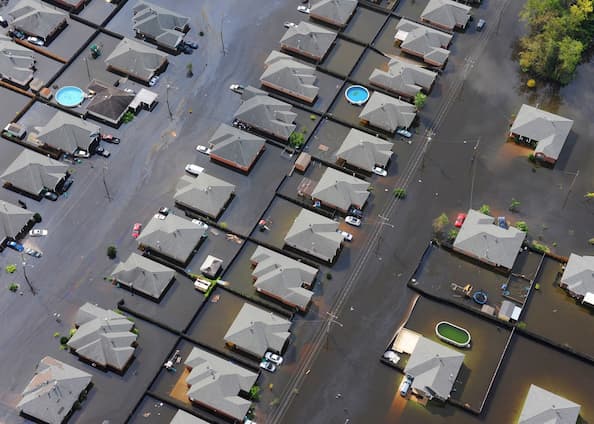In addition to losing some of their valued possessions and property, homeowners and renters alike in South Carolina face one more challenge: dealing with insurance companies. Insurance companies are notoriously challenging to deal with, and that often makes it harder for those in need to get the coverage and compensation they are owed. If you fear floods this season or are already dealing with them, here are some tips on how to get the most out of your flood insurance policy.
Verify the Adjuster’s Identity
Unfortunately, criminals sometimes seize the opportunity after a flood to prey on those that are already in a bad situation. They go to affected homes, claim to be an insurance adjuster, and ask for a down payment on repair work.
An adjuster would never do this. In fact, some adjusters even provide payment on the spot for immediate needs, such as clothing and medication. To protect yourself from fraudulent parties, always confirm the adjuster’s identity and ask the insurance company to provide some details about the adjuster before they arrive.
Document All Losses
After a flood, an insurance adjuster often visits affected properties to assess the full extent of the damage. They need to know about all the possessions lost so they may estimate the cost of repairing or rebuilding the property.
To help with this and ensure all losses are properly documented, homeowners need to take a few steps before the adjuster arrives, such as taking pictures of all property damage and creating an inventory of all the items lost. When drafting this inventory, homeowners should also include the purchase date and the estimated value of the items.
Document All Contact with the Insurance Company
The insurance company often holds things victims say against them when assessing their claims. To prevent them from doing so, flood victims should document any contact they have with the insurance company.
Write down any time an adjuster visited, what was said, any appointments that were missed, phone calls that were not returned, and any rude behavior. This could help in the event that victims have to sue to seek fair compensation.
Get Everything in Writing and Make Copies
Any documentation that is exchanged between victims and the insurance adjusters should be photocopied, including the inventory list of losses and any instructions that adjusters provide. For example, if the adjuster tells someone to begin repair work on the home, that person needs to get those instructions in writing and keep several copies for their records.
Keep Up with the Claim
As mentioned, an adjuster may write a check as soon as they come out to visit a victim’s property. That check often only makes up part of your claim, though, and it could take weeks to get a full estimate of losses and a final payment.
To ensure nothing stops the claim somewhere in the pipeline, victims need to make sure that they follow up with the company regularly. This is a great way to ensure their claim does not get held up and take any longer than it should.
Speak to a Flood Insurance Attorney About Getting The Most Out of Your Policy
Dealing with insurance companies is often challenging, particularly when you are trying to get your life and possessions back. For this reason, it is always advisable to consult with legal counsel about how to best take advantage of your flood insurance policy. An attorney could help you hold insurance companies responsible for paying out full settlements so you get the compensation you deserve.


